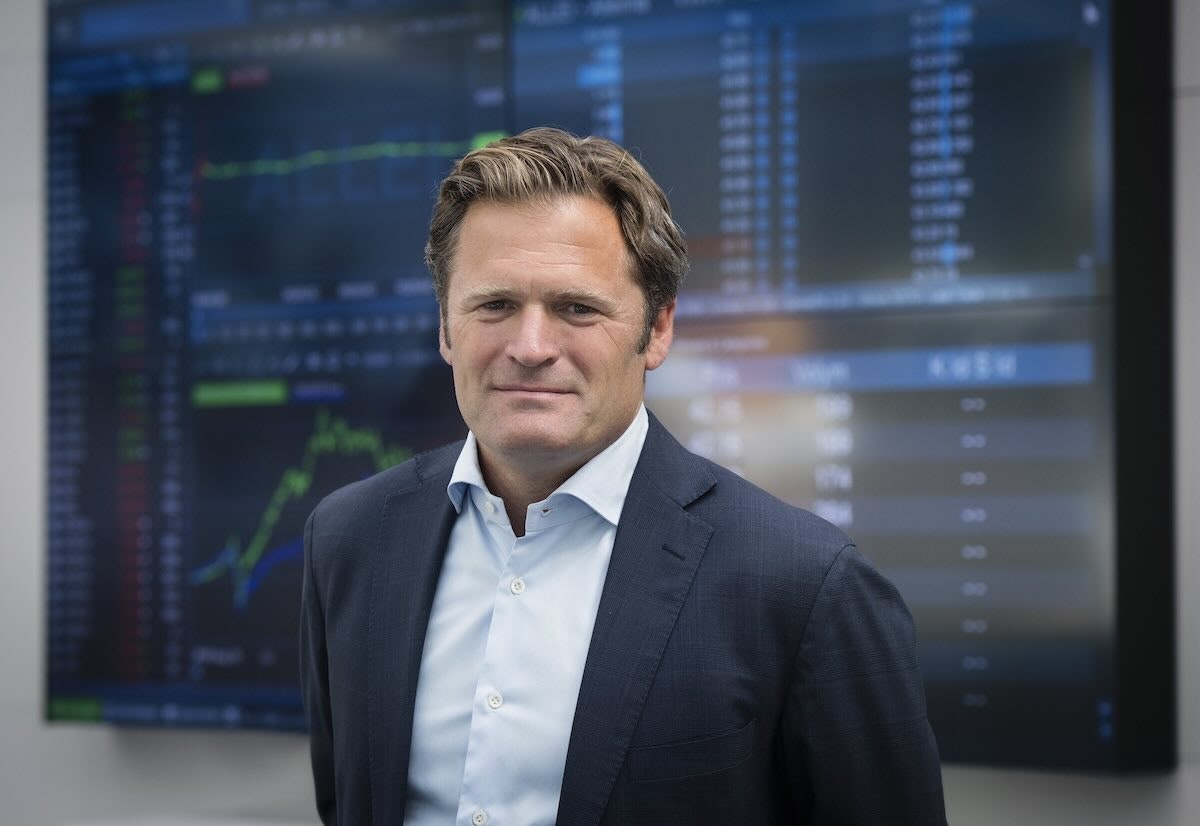It's no secret that fintech has a severe shortage of women, both at the executive level and at the founder level.
But there's reason to be optimistic today. Moneyhub's Samantha Seaton has announced an $18m raise — one of the largest female-led* rounds in European fintech thus far. It also takes Moneyhub's valuation to over $100m.
Launched in 2014, Moneyhub uses open banking to provide financial insights to large enterprises including Aon and Standard Life as well as to retail customers. The new funds will be used to expand beyond the UK into Europe and to build out a payments platform, complementing its existing software services.
A standout fundraise
Seaton now ranks among the best-funded women in UK fintech, having raised $22m overall (she joined Moneyhub in 2016 as CEO).
Joining her is Starling's Anne Boden, WorldRemit's Catherine Wines and Gohenry's Louise Hill. Meanwhile, Romina Savova, who cofounded PensionBee, recently took her company public.
Over in continental Europe, the cofounding teams of Qapital, Mambu, Pagantis and Penta are also women.
Seaton's milestone is no coincidence. Moneyhub's raise comes at a moment where open banking — one of its core features — has seen a tangible boom in funding (as well as soaring valuations).
Nonetheless, Seaton is among the first female chiefs in the space.
"Underfunding is without a doubt an issue [for women]. Equally a lack of role models compounds the issue...I'm quite determined to do my bit," Seaton told Sifted in an interview.
"I've never personally felt at a disadvantage, but you can't ignore the data that tells you you're at a disadvantage," she added.
The new funding comes from the investment vehicle of Sir Peter Wood, the founder of insurance giant Direct Line, and from existing investors including Nationwide Ventures.
Reasons to be cheerful
According to Dealroom, only 15 out of the 200+ UK fintech rounds have involved a female cofounder so far this year.
But there are some positive signs for women in fintech.
In 2020, investment for female founders in UK fintech grew to $720m — representing 17% of total investment and an increase from 11% in 2019, according to Innovate Finance.
While still small, it marks some progress, and is at least proportionate to the ratio of female founders, which also stood at 17% in 2019. It's also better than the state of play in the US, where women attracted just 0.9% of the capital raised last year, according to Bloomberg.
Fintech VCs have also made small improvements in diversifying their portfolios, with Anthemis now backing 16 women, and Augmentum running pitch events for women.
Still, Seaton argues that VCs still see backing women as a tickbox exercise rather than a serious investing strategy.
"The investment world understands they must do it...but they're still not sure why," she told Sifted.
Either way, progress in funding bodes well for those getting started. Among the wave of women who have recently launched fintechs in Europe are:
- Qiaojia Li, who founded wealth manager Rosecut
- Melanie Gabriel, who cofounded Swiss spent management platform Yokoy
- Julia Profeta Johansson, who cofounded German funding platform Reimagine
- Canelle Chokron, the 21-year-old who started French neobank Vybe
- Dame Jayne-Anne Gadhia, who cofounded finance app Snoop
Founders aside, there's also been a fresh suit of female hires in the past 6 months. That includes Bitpanda's new CHRO Lindsay Ross and Monzo's US CEO Carol Nelson. These new additions build on the 15 female executives showcased by Sifted last year.
Moneyhub leads in this respect too, counting both a female CEO and CFO, as well as a female-heavy advisory board among its 50+ staff.
Isabel Woodford is a senior reporter. She tweets from @i_woodford and coauthors Sifted's fintech newsletter.
*Female-led is taken here to mean female-only teams
Editors note: This piece has been updated to clarify that Seaton is the CEO of Moneyhub but not the original founder



